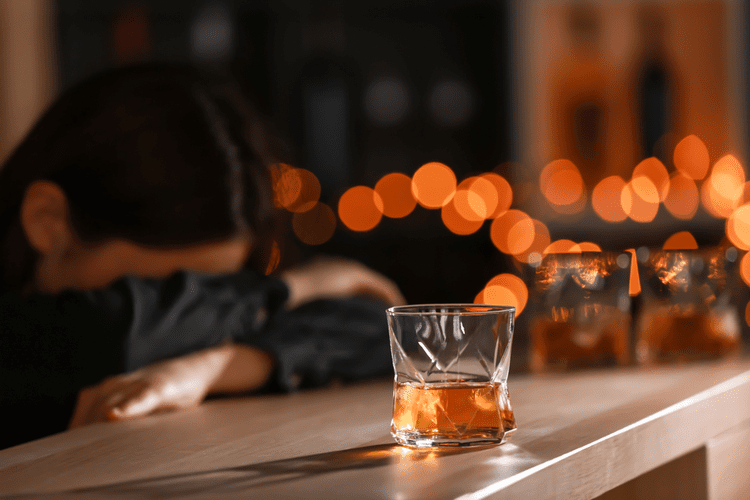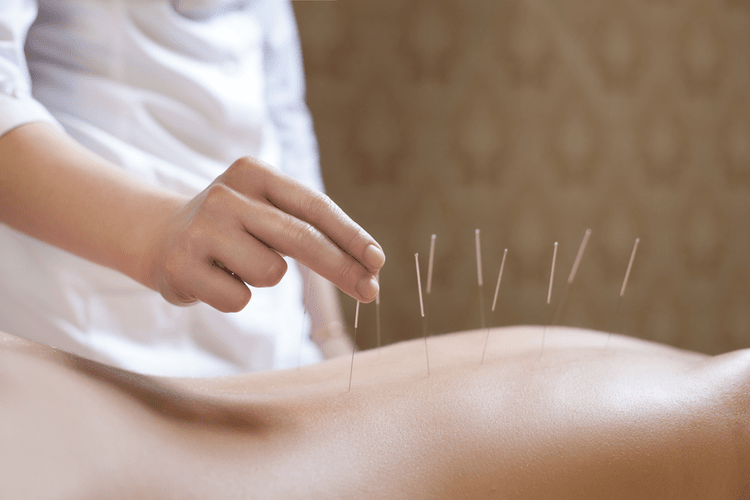The safest approach is to allow ample time for your body to process the alcohol. When in doubt, wait longer or use a personal breathalyzer for accuracy. In summary, the time alcohol remains on your breath is a highly personalized matter.
Does the type of alcohol consumed affect the duration of alcohol breath?

However, this rate can vary significantly based on individual factors such as age, weight, and overall health. The duration alcohol lingers on your breath depends heavily on several factors, including the amount consumed, your body weight, metabolism, and even the type of alcoholic beverage. Generally, alcohol can be detected on the breath for up to 24 hours after consumption, but this is a broad estimate.
- Again, the only true way to get alcohol off your breath is to wait until your body flushes it all from your system.
- By the end, you’ll feel more confident about your decisions when it comes to drinking and driving.
- Stronger drinks may provide a more intense experience, but they also come with a longer-lasting presence on your breath.
Why Does The Smell Of Some Food Linger On The Skin?
However, alcohol is also released through your sweat, urine, and — most tellingly — breath. That’s because some of it what is Oxford House evaporates from your bloodstream into your lungs. When you breathe out, that alcohol comes out, too, and that’s what a breathalyzer measures.
How does one beer affect breathalyzer results?
From the small intestine, the alcohol is absorbed into the bloodstream. In the stomach, the alcohol is further absorbed into the bloodstream. However, enzymes in the stomach start to act on the alcohol and break it down. Eating food before and while drinking can slow down alcohol absorption. Food makes alcohol hang out in the stomach for a while, giving your stomach time to break down some of the alcohol before it moves into the small intestine.
- This is partly attributed to differences in average body composition – women have higher percentages of body fat compared to men.
- No water or rinsing is necessary, making it perfect for when you travel, or any time you’re out and about.
- It’s important to note that you’re not just risking legal issues; personal safety and the safety of others also come into play when you drink and drive.
Contact a San Diego DUI Lawyer at Blair Defense Criminal Lawyers Today For Help
Alcohol leaves the body in about four hours, regardless of whether or not you have been smoking cigarettes. Thisdryness can make it difficult for the person to get https://deskloft.in/peripheral-neuropathy-incl-alcoholic-diabetic/ rid of the alcohol on their breath. There are a few things that you can do to help get rid of the alcohol on your breath if you have been smoking cigarettes. This will help to rehydrate your mouth and make it easier to get rid of the alcohol. Finally, if you are still struggling to get rid of the alcohol on your breath, try sucking on a lemon or chewing on a piece of ginger.
Drink plenty of water
You might feel totally sober, but your breath tells a different story. Of course, other factors influence how alcohol consumed impacts BAC and Breathalyzer Test Results. Hydration supports the body’s natural detoxification processes, but it does not accelerate the liver’s metabolism of alcohol. While proper hydration aids in flushing out alcohol metabolites through urine and sweat, the liver’s metabolic rate remains constant.

We serve all areas in Lakeland, Polk County, and throughout Florida. Rachael grew up in the northern Thai city of Chiang Mai until she was seven when her parents moved to the US. Her father was in the Oil Industry while her mother ran a successful restaurant. Now living in her father’s birthplace Texas, she loves to develop authentic, delicious recipes from her culture but mix them with other culinary influences. When she isn’t cooking or writing about it, she enjoys exploring the United States, one state at a time.

How long does alcohol stay on your breath if you have been drinking heavily?
- Staying hydrated by drinking water between alcoholic beverages can help your body metabolize alcohol more effectively, potentially reducing the duration it stays on your breath.
- If you have consumed a small amount of alcohol and are not a heavy drinker, you may be able to pass a breathalyzer test a few hours after drinking.
- While understanding how portable breathalyzers and ignition interlock devices (IIDs) work is crucial, the best approach is always to play it safe.
- Professional-grade breathalyzers, such as those used by law enforcement, are highly sensitive and can detect alcohol within minutes of consumption, often up to 24 hours afterward.
- This is particularly relevant when considering driving after consuming alcohol.
This variability makes it crucial to understand the specifics of how alcohol metabolizes in your body. In summary, alcohol metabolism rate is a key determinant of how long alcohol remains detectable on the breath. Individual factors like genetics, body composition, gender, and the presence of food, as well as the type and amount of alcohol consumed, all influence metabolism speed. Faster metabolism reduces the time alcohol is detectable, while slower metabolism prolongs it.
The alcohol can make your gums and teeth dry and give your breath a sour smell. Breathalyser tests are used to measure a person’s alcohol concentration through a breath sample. The tests can detect alcohol on the breath for up to 24 hours, although the timeframe varies depending on the individual and the quantity of alcohol consumed. While the body typically metabolises one unit of alcohol per hour, this rate is not the same for everyone. The speed of alcohol metabolism depends on various factors, including weight, age, gender, body composition, medication, and overall health. Lighter alcoholic beverages, like beer or wine, generally have a lower how long does alcohol stay in your system ABV percentage, which can lead to a shorter duration on your breath.
